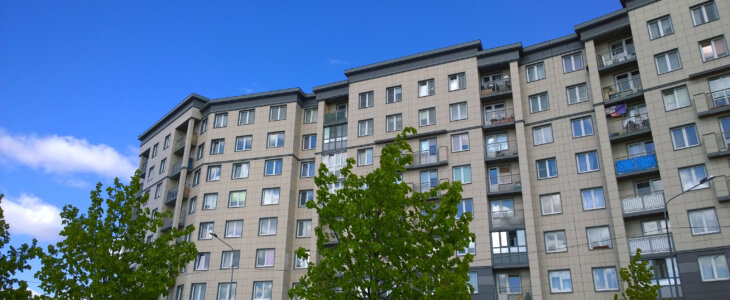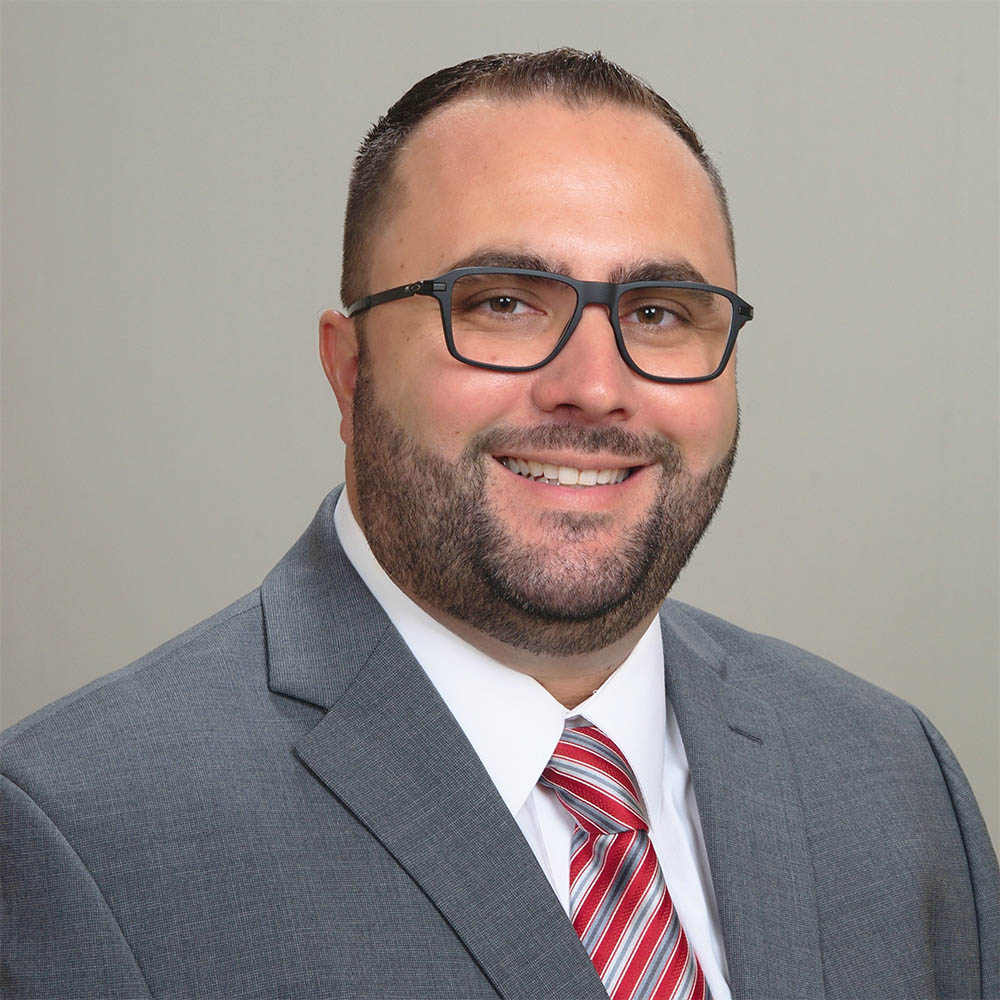When a hurricane strikes, the damage to multi-family housing units can be extensive, affecting not only the property owners but also the tenants. In the aftermath, various legal questions arise regarding repair obligations, tenant rights, insurance claims, and landlord responsibilities. Understanding the legal landscape is crucial for landlords and tenants to navigate the challenges of rebuilding, ensuring safety, and addressing disputes. Keep reading for more insight from Tomlinson Law Group on legal considerations in Coral Springs after a hurricane.
Landlord Responsibilities for Repairs and Habitability
One of the primary concerns after a hurricane is the habitability of the property. Landlords have a legal duty to maintain rental units in a condition that meets primary safety and habitability standards. Florida’s landlord-tenant law requires landlords to make repairs necessary to keep the property safe and livable. This can include:
- Restoring utilities: Landlords must ensure that essential utilities, such as water, electricity, and air conditioning, are restored as soon as possible after a hurricane.
- Fixing structural damage: Landlords are responsible for repairing structural issues caused by hurricane damage, including roofs, windows, and doors.
If the property is severely damaged and deemed uninhabitable, tenants may be entitled to terminate their lease and move out without penalty. In some cases, tenants may also have the right to withhold rent until the property is repaired.
Tenants’ Rights After a Hurricane
Tenants have specific rights when it comes to hurricane damage. If the rental unit is still habitable but requires repairs, tenants can remain on the property and request the landlord make the necessary repairs. However, if the damage is severe, tenants may:
- Request a rent reduction: If certain parts of the property are unusable, such as a damaged kitchen or bathroom, tenants can request a temporary rent reduction until the repairs are completed.
- Terminate the lease: If the property is entirely uninhabitable, tenants may terminate the lease agreement and seek alternative housing.
Tenants should document any damages with photos and written descriptions to support any claims or disputes with their landlord.
Insurance Considerations for Multi-Family Housing
Insurance plays a crucial role in covering the costs of hurricane damage to multi-family housing units. Both landlords and tenants should have appropriate insurance coverage in place:
- Landlord’s insurance: Landlords typically have a property insurance policy that covers damage to the building itself, such as the structure, roof, and common areas. This policy should cover hurricane-related damage.
- Tenant’s insurance: Tenants are responsible for insuring their personal belongings. A standard renter’s insurance policy typically covers personal property damaged by wind or flooding during a hurricane. Tenants should review their policy to understand what is covered and file a claim promptly if needed.
Disputes may arise between landlords and tenants over who is responsible for certain damages, especially regarding items like appliances or other items provided by the landlord. Clear communication and documentation are essential in resolving these issues.
Disputes Over Insurance Coverage
After a hurricane, one of the most common disputes involves insurance coverage. Multi-family housing units often face complications due to overlapping responsibilities between the landlord’s property insurance and the tenant’s renter’s insurance. Common issues include:
- Wind vs. flood damage: Disputes can arise over whether the damage was caused by wind (covered under most homeowner’s policies) or flooding (which often requires separate coverage). Both landlords and tenants may face delays in receiving compensation if insurance companies dispute the cause of damage.
- Delayed payments: Insurance companies may delay or deny payments, leaving landlords unable to make necessary repairs. In such cases, landlords may need legal help to file a bad faith insurance claim.
- Disagreement over repair responsibilities: Sometimes, tenants may believe that certain damages fall under the landlord’s responsibility, while landlords argue that these are tenant-owned items. Resolving these disputes requires a clear understanding of the lease agreement and insurance policies.
Building Code Compliance and Permits
After a hurricane, multi-family housing units may need extensive repairs, requiring permits and compliance with local building codes. Property owners must ensure that:
- Repairs meet updated codes: If the building codes have changed since the property was originally built, landlords may need to bring certain aspects of the property, such as roofs or windows, up to current standards during repairs.
- Obtain necessary permits: Some repairs, especially those affecting the structure of the building, require permits from the local government. Failing to obtain the necessary permits could result in fines or delays.
Temporary Relocation and Lease Agreements
In cases where the property requires extensive repairs, tenants may need to relocate temporarily. This raises legal questions about rent payments, lease agreements, and compensation:
- Rent abatement: If tenants are forced to leave due to uninhabitable conditions, they may be entitled to a rent reduction, which means they do not have to pay rent while the unit is uninhabitable.
- Alternative housing: Some landlords may provide alternative housing options for tenants while repairs are being made. In these cases, the lease agreement terms and rental payments during the relocation should be clearly outlined.
- Lease termination: In severe cases, either party may have the right to terminate the lease if the damage is extensive and the repairs are expected to take a long time.
Legal Help for Landlords and Tenants
Whether you’re a landlord or tenant, navigating the legal aspects of hurricane damage can be complex. From disputes over insurance claims to disagreements over repair responsibilities, both parties may need legal guidance to protect their rights. An experienced attorney can:
- Negotiate with insurance companies: If your insurer delays or denies coverage, an attorney can help you pursue a fair settlement or file a bad faith insurance claim.
- Resolve landlord-tenant disputes: Attorneys can assist in resolving disputes over rent, repairs, and lease termination to ensure that both landlords and tenants are treated fairly.
- Ensure compliance with local laws: If you’re a landlord, an attorney can help you navigate the complex regulations around building codes, permits, and safety requirements during the repair process.
Your Coral Springs Hurricane Lawyers
Hurricanes pose significant challenges for multi-family housing units, from repair obligations and tenant rights to insurance disputes. Both landlords and tenants must understand their legal rights and responsibilities in the aftermath of a hurricane. Consulting with an attorney can provide valuable guidance and ensure you’re fully protected as you navigate the recovery process.
At Tomlinson Law Group, we are committed to helping both landlords and tenants address hurricane-related issues. Contact us today to learn more about your legal options.


